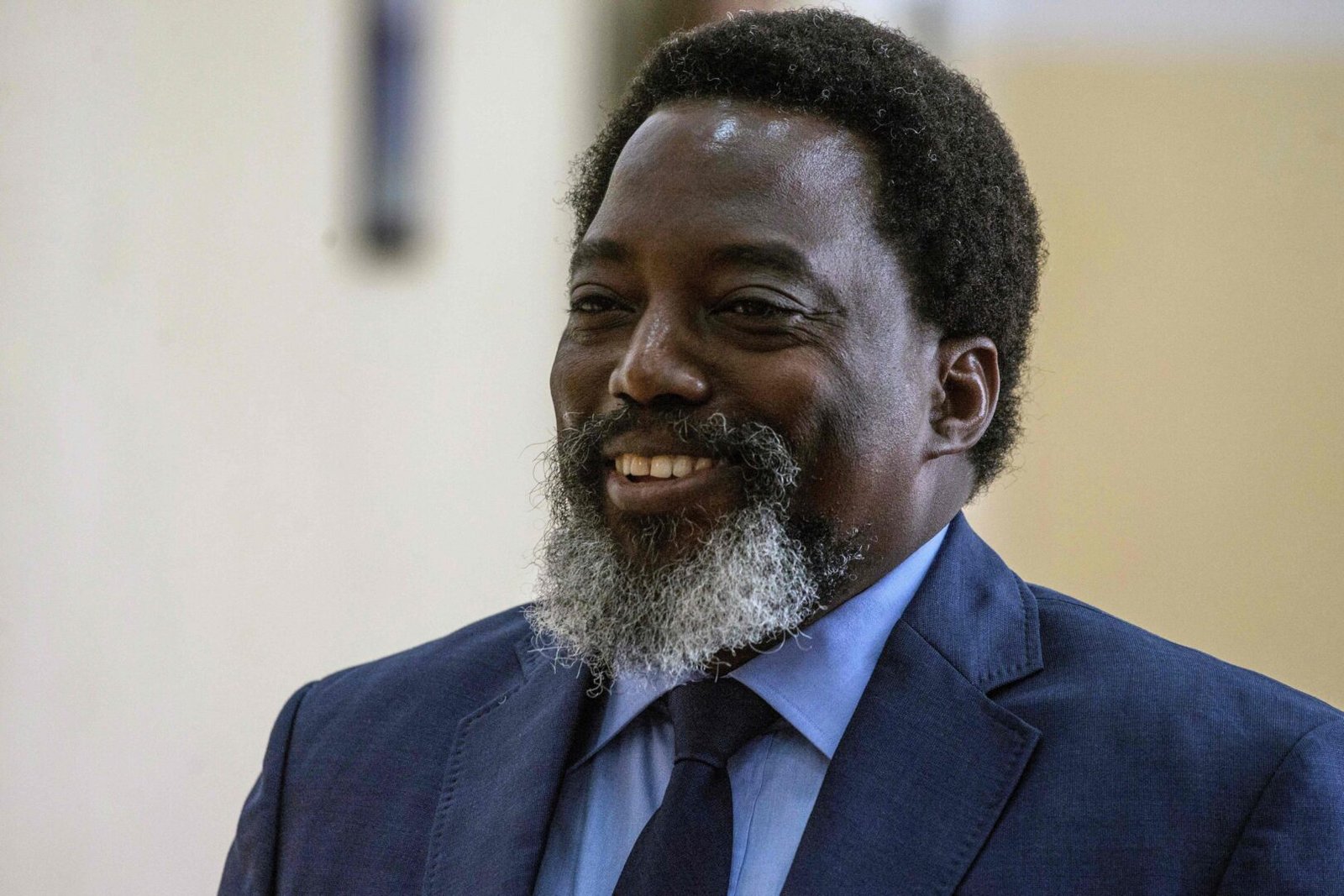KINSHASA, DR Congo — The Democratic Republic of Congo (DRC) has dramatically escalated its political and judicial offensive against the former ruling elite, as a military court on Tuesday sentenced former President Joseph Kabila to death in absentia.
The tribunal, sitting in Kinshasa, convicted Kabila of serious charges including war crimes, treason, and crimes against humanity, stemming from his alleged support for the Rwanda-backed M23 rebel group operating in the DRC’s tumultuous eastern provinces.
Kabila, who governed the Congo from 2001 until 2019, has consistently rejected any wrongdoing and previously claimed the nation’s judiciary has been politicized.
His current whereabouts were not immediately known, and neither he nor any legal representatives were present at the trial or available for immediate comment following the verdict.
Lieutenant-General Joseph Mutombo Katalayi, the presiding judge, detailed the breadth of the convictions, which included counts of murder, sexual assault, torture, and insurrection.
Verdict and $50 billion in damages
Delivering the grave verdict, General Katalayi announced the maximum penalty under the military penal code:
“In applying Article 7 of the Military Penal Code, it imposes a single sentence, namely the most severe one, which is the death penalty.”
In addition to the death sentence, the former president was ordered to pay approximately $50 billion in damages to the state and various victims, a sum reflecting the scale of the destruction and suffering linked to the conflicts.
The verdict has the potential to deepen existing political divisions within the vast, mineral-rich Central African nation, which has struggled through decades of unrelenting conflict.
Political background and allegations
Kabila’s nearly two-decade rule ended in 2019 following deadly public protests. Since late 2023, he has primarily resided in South Africa, although he made an appearance in the rebel-held city of Goma in eastern Congo in May.
The relationship between Kabila and his successor, Felix Tshisekedi, quickly deteriorated despite an initial, uneasy power-sharing arrangement. The allegations against Kabila intensified as the M23 rebels advanced.
In February, as M23 marched on Bukavu, eastern Congo’s second-largest city, President Tshisekedi publicly accused Kabila of sponsoring the insurgency during an address at the Munich Security Conference.
Also Read: DR Congo bans media from reporting on former President Joseph Kabila
M23 now maintains control over significant swathes of the North Kivu and South Kivu provinces. The renewed fighting this year has resulted in thousands of deaths and the displacement of hundreds of thousands of civilians.
While the two sides signed a U.S.-brokered peace agreement in June, sources told Vivid Voice News that both factions are reinforcing their positions and blaming one another for flouting the accord.
The broader conflict is complicated by neighboring Rwanda, which denies aiding M23, asserting that its forces are acting in self-defense against the Congolese army and ethnic Hutu militias linked to the 1994 Rwandan genocide.
In related developments, President Tshisekedi’s administration has taken steps to suspend Kabila’s political party and seize the assets belonging to its leadership figures.

